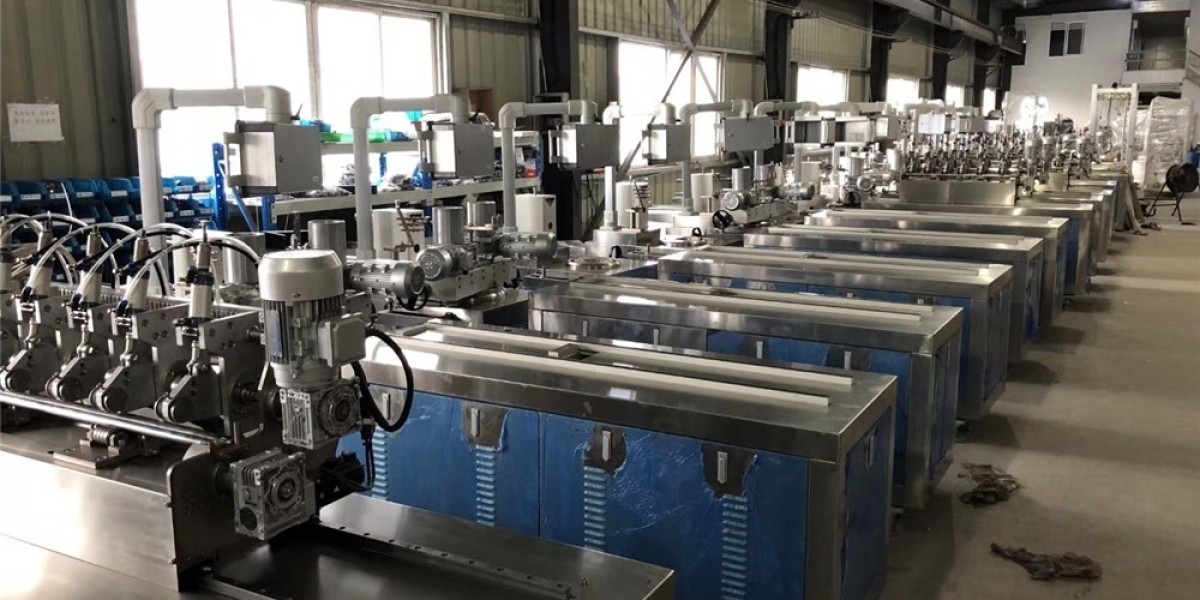Introduction
In today’s world, sustainability is a core focus for industries across all sectors. Companies are striving to adopt practices that not only enhance efficiency but also minimize their environmental impact. One of the key technologies driving this sustainability effort is the centrifuge separator. These powerful machines are essential in various industrial processes, from wastewater treatment to oil refining, as they help separate solids from liquids with minimal waste and energy consumption. By improving the efficiency of resource use and reducing harmful emissions, centrifuge separators play a crucial role in promoting sustainability in industrial operations.
1. How Centrifuge Separators Work in Industrial Processes
A centrifuge separator operates based on the principle of centrifugal force. In a centrifuge separator, materials are spun at high speeds, causing denser substances to move to the outer edge while lighter substances stay at the center. This action separates solids from liquids, enabling industries to efficiently separate useful materials from waste. The process is highly efficient and can be fine-tuned to achieve high levels of purity in the separated materials.
The key benefits of this technology in supporting sustainability are:
- Minimal Energy Consumption: Centrifuge separators operate using minimal energy compared to traditional separation methods like filtration or distillation. This not only reduces operational costs but also decreases the environmental impact of energy consumption.
- High Separation Efficiency: These separators are designed to handle large volumes of materials quickly and with precision. The high level of separation ensures that resources are extracted efficiently, reducing the amount of waste generated during industrial processes.
2. Reducing Waste and Improving Resource Recovery
One of the most significant ways centrifuge separators contribute to sustainability is by improving waste management and resource recovery. By efficiently separating solids from liquids, industries can recover valuable materials that would otherwise be discarded. This is particularly beneficial in industries like oil refining, food processing, and chemical manufacturing, where raw materials can be costly, and waste can have harmful environmental effects.
- Oil and Water Separation: In the oil and gas industry, centrifuge separators are used to remove water and solids from crude oil. The clean oil is then further processed, while the separated water and solids can be treated or reused, reducing environmental pollution.
- Chemical Recycling: In the chemical industry, centrifuge separators help recover precious chemicals from waste streams, ensuring that fewer raw materials need to be sourced, and less waste is sent to landfills.
3. Supporting Circular Economy Initiatives
The principles of the circular economy are based on reducing waste, reusing materials, and recycling resources. Centrifuge separators align perfectly with these principles by enabling the recovery of valuable materials from waste streams. For instance:
- Water Treatment: In wastewater treatment plants, centrifuge separators are used to separate solids from wastewater, allowing the water to be reused in industrial processes or safely discharged back into the environment. This helps reduce water consumption and the burden on freshwater sources.
- Food Processing: In the food industry, centrifuge separators are used to extract valuable ingredients like oils, juices, and proteins from raw materials. This not only increases the efficiency of the production process but also reduces food waste by ensuring that more of the raw material is utilized.
4. Environmental Benefits of Centrifuge Separators
The use of centrifuge separators in industrial processes also directly contributes to environmental sustainability:
- Lower Carbon Footprint: Since centrifuge separators require less energy to operate than many other separation techniques, they help reduce carbon emissions in the production process. The energy-efficient operation makes them an environmentally friendly option.
- Reduced Chemical Use: In some industries, centrifuge separators eliminate the need for harmful chemicals used in other separation processes, thus reducing chemical waste and improving safety.
- Cleaner By-products: The efficient separation of solids and liquids helps create cleaner by-products that can be safely reused or recycled, further reducing environmental impact.
5. Why Choose lnzonelink for Sustainable Centrifuge Separator Solutions
At lnzonelink, we understand the growing need for sustainable solutions in industrial operations. Our centrifuge separators are designed with efficiency, precision, and environmental responsibility in mind. By providing high-performance separators that minimize waste, energy consumption, and harmful emissions, lnzonelink helps businesses reduce their ecological footprint while improving operational efficiency.
Our centrifuge separators cater to a wide range of industries, including oil and gas, food processing, chemical manufacturing, and wastewater treatment. With lnzonelink, you can be confident that you're choosing a technology that supports both your business goals and sustainability objectives.
Conclusion
The centrifuge separator is an invaluable tool in the pursuit of sustainability within industrial processes. By improving resource recovery, reducing waste, and lowering energy consumption, these separators play a key role in helping businesses operate more efficiently and sustainably. At lnzonelink, we are proud to offer cutting-edge centrifuge separator technology that meets the demands of modern industries while supporting a cleaner, greener future. Investing in centrifuge separators is a step toward a more sustainable and profitable operation, making them an essential part of any forward-thinking industrial process.


